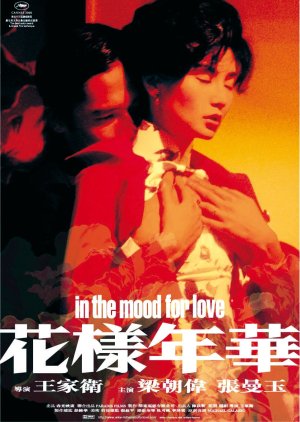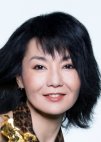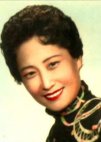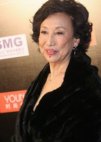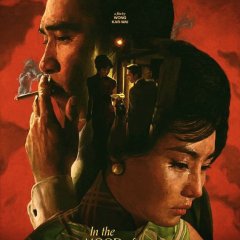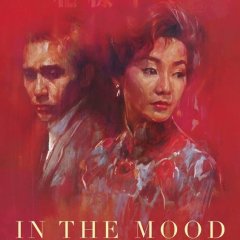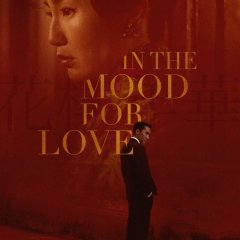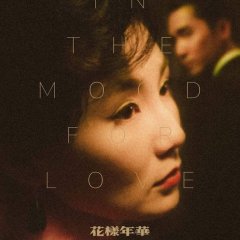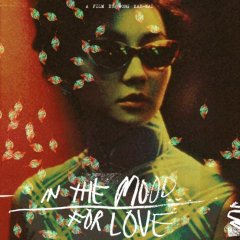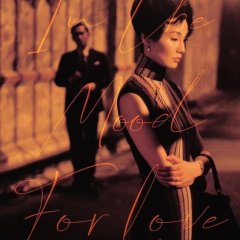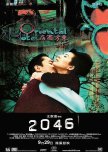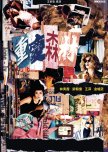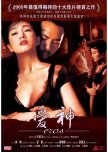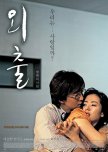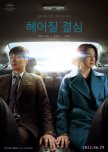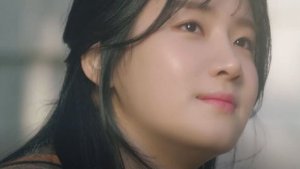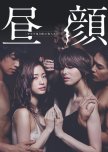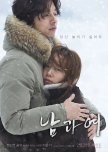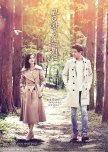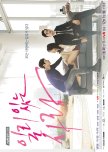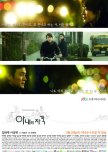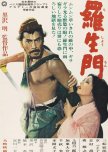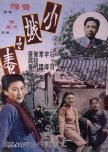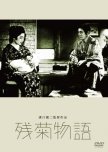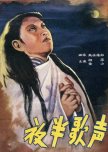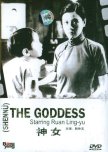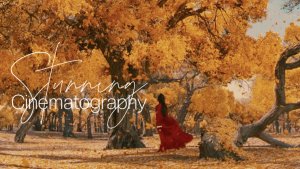 Stunning Visuals in Asian Cinema
Stunning Visuals in Asian Cinema The film takes place in Hong Kong, 1962. Chow Mo Wan, a journalist, rents a room in an apartment of a building on the same day as So Lai Zhen, a secretary from a shipping company. They become next-door neighbors. Each has a spouse who works and often leaves them alone on overtime shifts. Despite the presence of a friendly Shanghainese landlady, Mrs. Suen, and bustling, mahjong-playing neighbours, Chow and So often find themselves alone in their rooms. Their lives continue to intersect in everyday situations: a recurring motif in this film is the loneliness of eating alone, and the film documents the leads' chance encounters, each making their individual trek to the street noodle stall. Chow and So each nurse suspicions about their own spouse's fidelity; each comes to the conclusion that their spouses have been seeing each other. So wonders aloud how their spouse's affair might have begun, and together, So and Chow re-enact what they imagine might have happened. (Source: Wikipedia) Edit Translation
- English
- 中文(台灣)
- Русский
- Ελληνικά
- Native Title: 花樣年華
- Also Known As: The Age of Blossoms , The Flowery Years , Hua Yang Nian Hua , Fa Yeung Nin Wa , 花样年华
- Screenwriter & Director: Wong Kar Wai
- Genres: Psychological, Romance, Life, Drama
Cast & Credits
- Maggie CheungSo Lai Zhen / Mrs. ChanMain Role
- Tony LeungChow Mo WanMain Role
- Paulyn SunMrs. JauSupport Role
- Chien Szu YingAmahSupport Role
- Rebecca PanMrs. SuenSupport Role
- Julien Carbon Support Role
Reviews

acting is outstanding and sizzling and chemistry between lead actors is going to make you crazy.
OST is a definite 10. this is a music which is going to stay with you for many years.
No summary can do it justice then watch it.

This film is about details. From small gestures, to quick looks, ringing of the telephone and shots of the clock to show the passing of time, it allows you to venture into a unrequited love story that's not painful but not overly dramatic. Kar-wai channels his use of details to move the story forward without too much effort just with simple rain, simple change of clothes or simple montage that exert such beauty it takes your breath away.
He knows how tell a story not through grand dialogues but through body language which is through cinematography. Not much head space here, much head space there, blurred wall here, never showing the face there, it leaves you guessing but also doesn't leave you in the dark. You know what's happening because it's being shown before it's being told. Repetition is also key here. Repetition blends well with time which blends well with setting and ultimately dances around the story.
If Chungking Express' aesthetic is filled with exotic colors, In the Mood for Love is vibrant and exhilarating with different colors even exhibiting some traces of noir style. Similar themes with Chungking, In the Mood for love portrays a more intimate type of longing, one that's filled with utmost desire that excites us through actions and not words spoken. We are plagued with a nostalgic 60s Hong Kong setting detail by detail and it entraps us into this alluring tale filled with cinematic beauty including slow motions and simple focus on blowing smoke; it is sexy without needing to be.
Maggie Cheung and Tony Leung exhibit such tension that we feel the love without needing to do anything passionate. Cheung's beauty transcends while Leung's restrained depiction is admired. There is delicateness present when they act together that just leaves you hungry for more. Of course this is all made possible by the soundtrack, handled by Shigeru Umebayashi. The music exerts feelings and flirts with Kar-wai's mastery of cinema together with the actors' vivid emotions makes everything a complete package.

